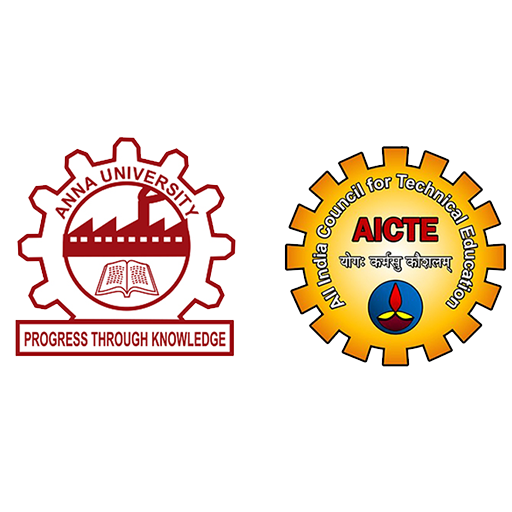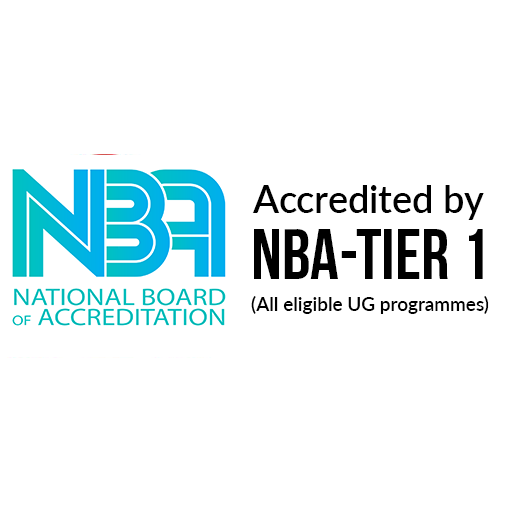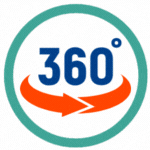For engineering students, selecting the career path is the critical decision for any engineering graduate, especially in core domains like Civil, Mechanical and Electrical Engineering. We at Dr. MCET is aware that many students are facing struggles in choosing the domain between Site Engineering and Design Engineering. Both site and design engineering offer exciting opportunities, which makes the choice even harder.
In this article, we are going to explore both roles in detail and help you assess which path suits your interests and long term goals better.
Roles and Responsibilities of a Site Engineer
A Site Engineer is a person who works directly at the project location for any constructions. Whether it is building roads, apartments or water systems, they take the designs and turn them into actual structures on the ground. At Dr. MCET, a leading civil engineering college in Coimbatore, students are trained with hands-on experience and practical knowledge to prepare for on-site roles in the construction industry.
Site Engineer Responsibilities:
- Supervising day to day site activities
- Managing contractors, labor, and material delivery
- Ensuring safety and compliance with regulations
- Coordinating with the design team and project managers
- Resolving on-site issues and delays
Skills Required:
- Strong leadership and people management
- Practical knowledge of construction techniques
- Ability to handle pressure and fast decision making
- Willingness to travel or stay in remote locations
- Problem solving attitude and adaptability
Roles and Responsibilities of a Design Engineer
A Design Engineer works in an office or design studio, using software like CAD tools to develop technical drawings and detailed plans. This job is to ensure that every aspect of the design is functional, safe, and cost-effective before it moves into the execution phase. Students at Dr.MCET are trained in advanced tools and industry relevant practices to prepare them for a successful career in design engineering.
Key Responsibilities:
- Creating detailed engineering drawings using software like AutoCAD, Revit, SolidWorks, or STAAD Pro
- Conducting feasibility and safety analysis
- Collaborating with clients and site engineers to finalize designs
- Innovating and improving product or structure designs
- Ensuring the design complies with industry standards and regulations
Skills Required:
- Strong attention to detail and visualization ability
- Advanced knowledge in design tools and engineering software
- Analytical thinking and creative problem-solving
- Patience and iterative thinking for revisions and reviews
- Interest in innovation and continuous learning
Scope and Career Opportunities
Site Engineer:
Site Engineers have a wide scope of opportunities, particularly in a developing nation like India where infrastructure is on boom. From smart city initiatives to renewable energy, the demand for site engineers remains strong and steady.
Career Path:
- Site Engineer → Project Engineer → Project Manager → Construction Director
- Specialized roles in safety, quality control, or contract management
Industries:
- Construction & Infrastructure
- Oil & Gas
- Transportation
- Renewable Energy
- Real Estate and Housing
Design Engineer:
Design Engineering combines creativity with analytical precision, making it a dynamic and evolving field. With the rise of advanced simulation tools, 3D modeling and AI driven technologies, the role is becoming increasing rapidly. Due to this, there is a huge demand for design engineers across various industries. The industries are manufacturing, aerospace and product development.
Career Path:
- Design Engineer → Senior Design Engineer → Design Lead → R&D Head / Chief Designer
- Specializations in CAD/BIM, structural design, or mechanical product design
Industries:
- Engineering Services
- Product Development & Manufacturing
- Architecture & Structural Consulting
- Aerospace and Automotive
- Software (Design Tools & Simulation)
Salaries and Job Satisfaction
The starting salary for both the roles are similar but design engineers can earn more in a longer run if they move into research and development or product design. Site engineers however benefitted from faster promotions and onsite allowances, especially in remote or overseas projects.
In terms of job satisfaction:
- Site engineers often enjoy tangible results of their work and dynamic days.
- Design engineers find joy in creative problem-solving and intellectual challenges.
Making the right choice – Key Questions to Consider
At Dr. MCET, students are encouraged to explore their capabilities and ambitions using these guiding questions:
1. Do you prefer fieldwork or office work?
- If you thrive in dynamic, changing environments and enjoy managing teams, site engineering could be for you.
- If you prefer working with software, doing precise and focused tasks, design engineering might suit you better.
2. Are you more of a people person or a detail-oriented thinker?
- Site engineers need strong interpersonal skills to manage large teams.
- Design engineers need deep focus and a keen eye for precision.
3. Do you want to be part of execution or innovation?
- Execution and project completion are the core of site engineering.
- Innovation and ideation are at the heart of design engineering.
4. What are your long-term goals?
- If you aspire to lead large-scale projects, consider starting as a site engineer.
- If you dream of creating next-generation products or structures, design is your path.
Support from Dr. MCET: Learn & Explore
We at MCET, offer exciting opportunities to explore both these careers through a variety of academic and hands-on experiences.
- Internships: We offer internships to help students to gain hands-on experience through tie-ups with top core companies like L&T, Ashok Lyland, TCS and other leading MNCs.
- Workshops & Labs: Our workshops and labs provide learning experience in software tools like CAD labs, structural simulation tools, and model-making sessions helps to develop core design skills.
- Site Visits: Regular site visits are a part of our curriculum.
- Career Counselling: Our placement and training cell offers personalized guidance based on your aptitude, interests, and personality.
Conclusion
The site engineering and design engineering plays a vital role in the engineeing field. It’s all about how interested you are in choosing between these two domains. At Dr. MCET, we trust education is not about knowledge sharing or gaining but also about clarity. We encourage our students to explore both the domains, connecting with mentors and engaging in practical learning. Pursue your engineering career at Dr. MCET, a leading engineering college in Coimbatore, India.









